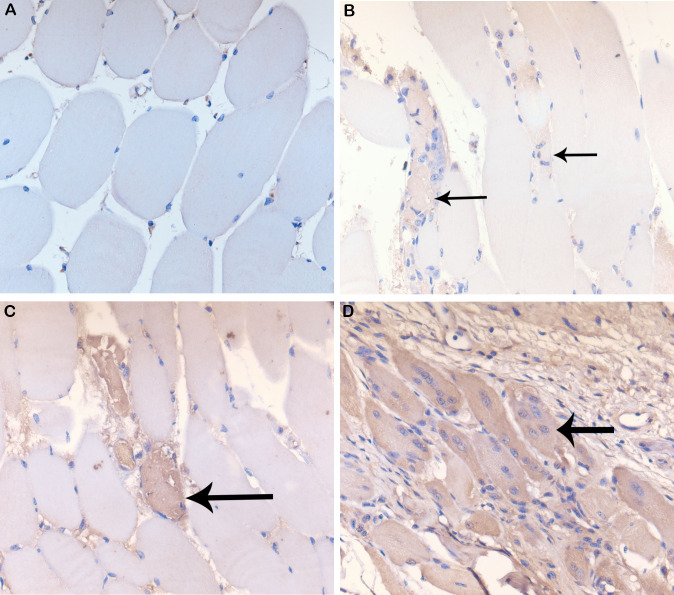Fig 5 is incorrect. The authors have provided a corrected version here.
Fig 5. IHC of lesions in CHIKV-infected Hu-NSG mouse muscles.
Immunohistochemistry (IHC) staining of CHIKV-infected mouse gastrocnemius muscle with CHK-263 antibodies. Positive staining (brown) represents CHIKV Env protein. (A) Control mouse with background IHC staining, 40X magnification. (B) Infected, degenerate muscle fibrils from minimal (score 1) myositis at day 7 post mosquito bite, 40X magnification. (C) Infected, degenerate muscle fibrils from mild (score 2) myositis at day 14 post mosquito bite, 40X magnification. (D) Infected muscle fibrils from moderate (score 3) myositis at day 21, 40X magnification.
Reference
- 1.Hibl BM, Dailey Garnes NJM, Kneubehl AR, Vogt MB, Spencer Clinton JL, Rico-Hesse RR (2021) Mosquito-bite infection of humanized mice with chikungunya virus produces systemic disease with long-term effects. PLoS Negl Trop Dis 15(6): e0009427. 10.1371/journal.pntd.0009427 [DOI] [PMC free article] [PubMed] [Google Scholar]



